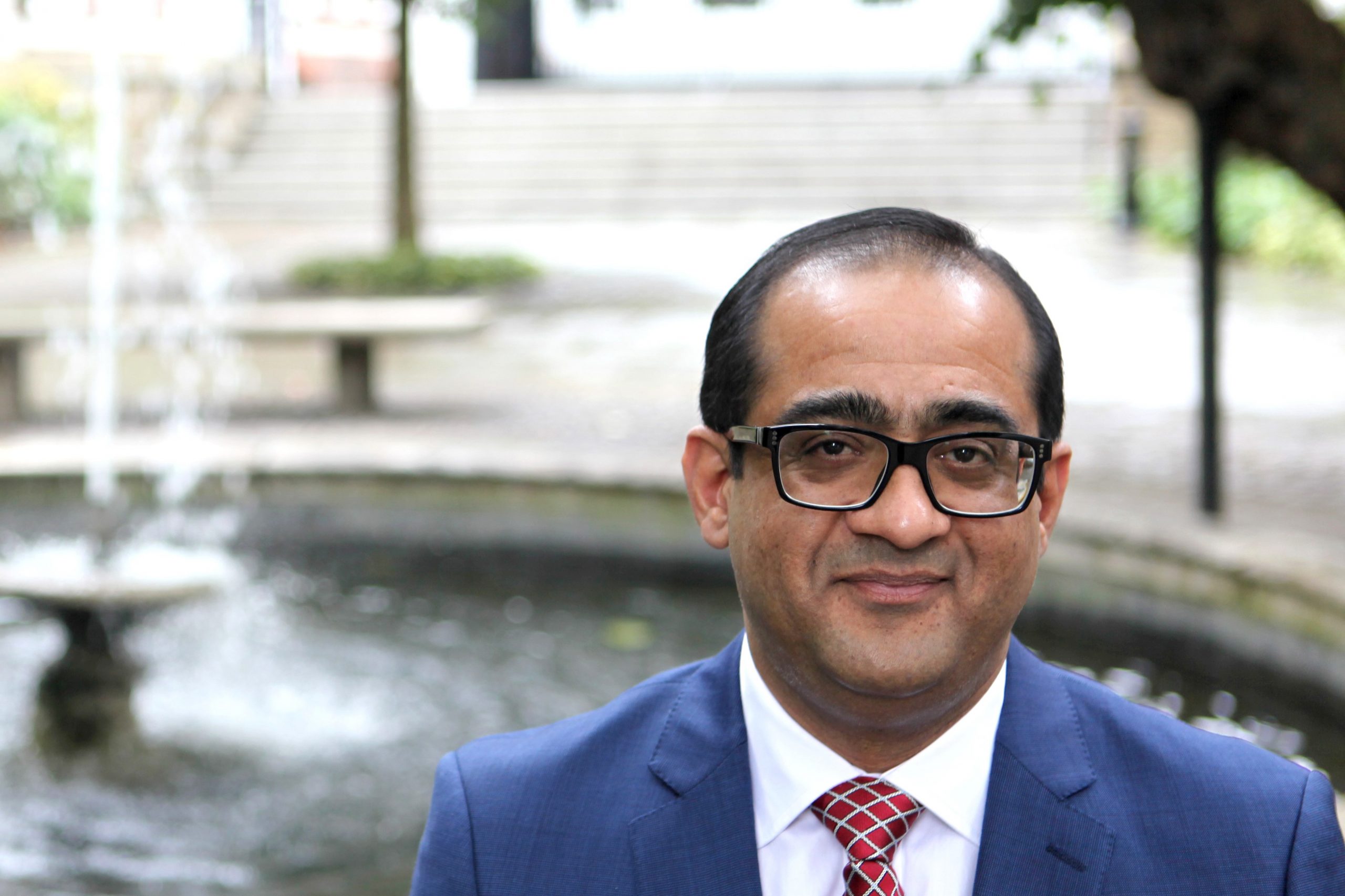
The Supreme Court of India recently handed down a significant decision in WAPCOS Ltd. v. Salma Dam Joint Venture and another, reversing the order of Delhi High Court by which it had made a default appointment of a sole arbitrator for settlement of disputes between the parties. The main issue before the Supreme Court related to right of the contractor, the petitioner before the Delhi High Court, to invoke arbitration.
The Supreme Court relied upon surrounding circumstances, such as the correspondence exchanged between the parties preceding the execution of the amendment, for the purpose of deciding the true meaning and effect of the amendment to the contract between the parties. The Supreme Court concluded that it was clear from the nature of the amendment to the contract that all the pending claims of the contractor, as of the date of the amendment, were intended to be “buried” and that there will be “no arbitration” for the settlement of such claims, except claims arising out of Force Majeure events.
Further, and more significantly, the Supreme Court held that since the contractor was a consortium of two entities, one member of the consortium could not invoke arbitration against WAPCOS, on behalf of the consortium, after its authority to do so had been specifically revoked by the other member.
Gaurav Pachnanda SA (of Fountain Court Chambers) was instructed by Milanka Chaudhury and Abhishek Sharma, Partners at Link Legal India Law Services, New Delhi for WAPCOS, the successful appellant before the Supreme Court.
The judgment of the Supreme Court can be accessed here.



